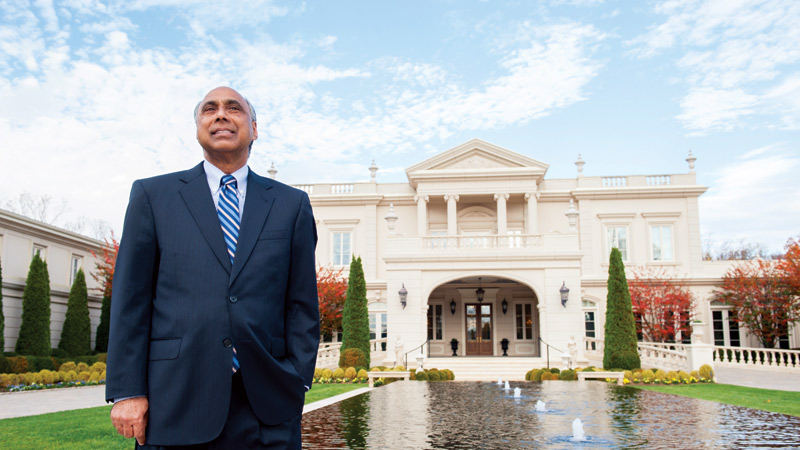Lucknow: Stressing that Madarsas spread religious education, a renowned US entrepreneur and civic leader has said that the Islamic institutions should start speaking out against terrorism of all types.
“Personally, I believe the vast majority of Madarsas are in the religious education business and not in the business of terrorism. The Madarsas cannot change this perception by themselves. What they can do is to speak out against terrorism of all types,” Frank F. Islam said Sunday.
“More importantly, Madarsa representatives should join other religious leaders of various denominations and persuasions to advocate inter-communal peace and harmony in India,” he added.
Terming Madrasa education in India as ‘not a formal systematic study’, Islam said in order to change the perception, ecumenicism not isolationism was the need of the hour.
“The single general core challenge that I see is that the Madarsas provide an Islamic-centric education and in many cases an Islamic-only education. Literacy and knowledge are learned and interpreted through a religious lens,” he said. “This creates a myopia which retards a student’s participation and socio-economic integration into society at large,” he added.
There has never been a formal systematic study on the nature and state of Madrasa education throughout India, he said.
Only 2-4 per cent of students attend those schools across the country, he noted, adding that a majority of the Madarsas operate independently rather than as part of a structured and organised network.
“So, what may be true overall may not be accurate in a specific instance,” he said.
Elaborating the remedies, Islam who hails from Azamgarh in Uttar Pradesh said the Madrasa educational curriculum needs to be diversified and balanced.
“There needs to be an emphasis on science, technology and mathematics in the early years and there needs to be vocational and technical training that prepares the student for employment and advancement later in the schooling process. What is required is ‘ecumenicism not isolationism’,” he said.
“The problem is that because of the independence of the Madrasas, it will be very difficult to implement and to get uniform compliance and acceptance of what I would call a bi-focal approach as opposed to an Islamic-only approach to education,” he said.
“This difficulty is compounded by the fact that the the primary orientation of the faculty and administration of Madarsas is toward religious thought and action as opposed to academics or skills development,” he added.
PTI
